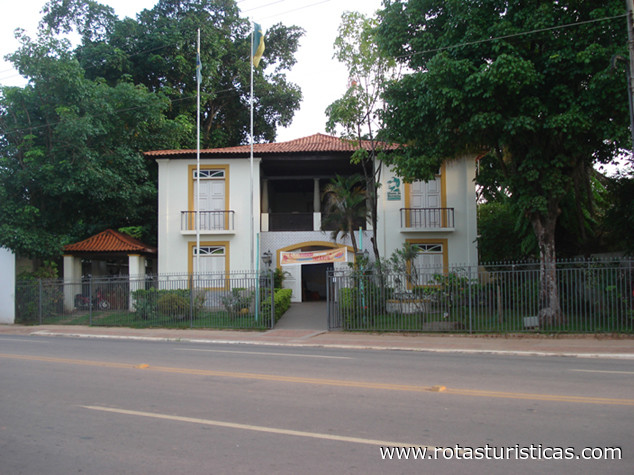Rio Branco, Acre, Brazil
Suggest Place to Visit
534
Track to location with GPS |
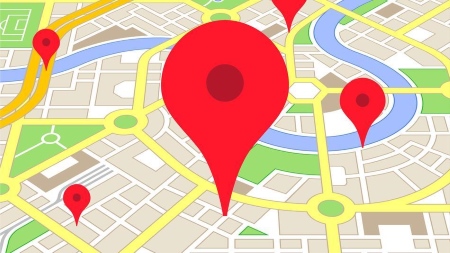 |
The Rubber Museum is a Brazilian museum, located in the city of Rio Branco, capital of the state of Acre. A public body linked to the Elias Mansour Culture and Communication Foundation, the museum has the task of collecting, conserving and exposing the testimonies of the socio-economic history and material culture of Acre. Maintains permanent educational activities, serving students, teachers and visitors in general. It has an auditorium, library and archive.
The Rubber Museum was established by state decree of April 3, 1978, and opened on November 5 of that same year, during the administration of Geraldo Gurgel de Mesquita, on the occasion of the celebrations of the first centenary of northeastern migration to Acre. Subordinated to the Department of Education and Culture, its first headquarters was a building on Avenida Getúlio Vargas.
In 1986, the museum was transferred to the headquarters of the Elias Mansour Foundation, the state public agency responsible for the administration of museum spaces and other cultural equipment in Acre, which started to coordinate its activities. The museum has since occupied the function of the state's museological center, with the purpose of keeping a significant part of its documentary, historical and cultural records.
With the extinction of the Rubber Superintendence (SUDHEVA) in 1990, and after authorization from the Ministry of Agriculture, the museum started to occupy the former headquarters of the extinct organ2 - a 510 m² building, located on Avenida Ceará, in downtown Rio Branco, where it is still today. In addition to the exhibition spaces, the museum has a technical reserve, areas for educational and cultural activities, a library, archives and an auditorium with capacity for 60 people.
The Rubber Museum keeps a diverse collection in its custody, formed, for the most part, by donations from individuals and purchases made during the first years after its foundation. The collection brings together more than 5300 pieces, distributed by several nuclei, such as paleontology, archeology, ethnography and socioeconomic history of Acre, in addition to works of art, manuscripts, photographs, periodicals and other small collections. The following stand out:
Paleontological collection: fossils of prehistoric animals, such as a jaw and the distal of a mastodon femur and a jaw of an extinct crocodile species.
Archaeological collection: pieces from a pirarrã archeological site, such as vases adorned with anthropomorphic figures, funerary urns, blades and utensils in general.
Ethnographic collection: material records of the indigenous peoples of Acre and Amazonas (hunting and war materials, feather art, bordunas, basketwork, ceramics, body adornments and textiles).
Socio-economic and political-administrative history of Acre: it brings together pieces related to the colonization of Acre and the rubber cycle, such as the equipment used by rubber tappers, as well as various objects made from the product, such as replicas of animals and birds in the region. . There are also objects related to the Acrean Revolution, such as uniforms and weapons used in the dispute by Brazilians and Bolivians.
Religious culture: it preserves one of the most complete collections of objects related to the Santo Daime culture, from vegetables to uniforms used in the liturgy. There are also objects related to religious life in the rubber plantations, such as missals and wooden baptismal fonts, and other representative of popular manifestations of a religious nature common in the region, such as cavalhada and reizado.
The museum still preserves one of the largest newspaper stores in the Amazon, with newspapers dating from the mid-19th century to the present day. It also conserves all the music sheet of the extinct band of the Territorial Guard, where important pieces of acre conductors are found, such as Sandoval dos Anjos and Zeca Torres. Recently, the museum received a donation from Rádio Difusora Acreana a collection of approximately 7000 vinyl records.
The museum's library specializes in the history of Amazonas and Acre. It conserves around 4700 volumes, including books, periodicals and other publications. The archive gathers scores, photographs, record books of the old Acre rubber plantations, printed documents and manuscripts.
Comments
We don´t have yet any comments about:
Rubber Museum
Rubber Museum
Be the first to leave a comment as it is very important to inform other people
Outros locais a visitar
Within a radius of 20 km from:Rubber Museum
Plaza Plácido de Castro |
| 0,2 Km |
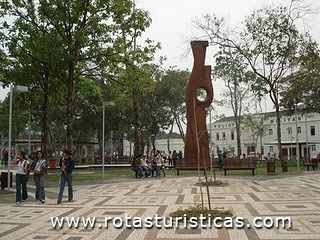 |
Memorial de los Autonomistas |
| 0,3 Km |
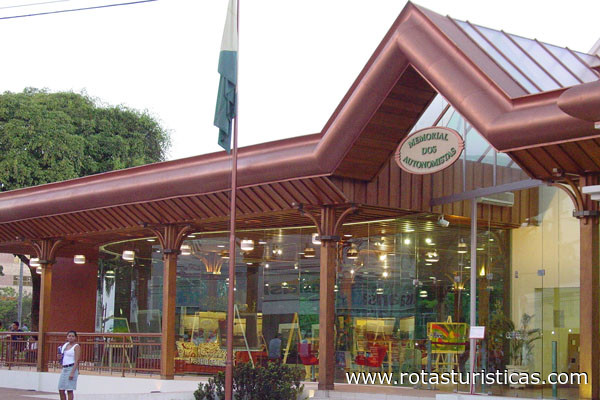 |
Rio Acre (Rio Branco) |
| 0,3 Km |
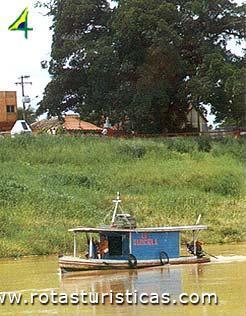 |
Teatro Plácido de Castro (Rio Branco) |
| 0,3 Km |
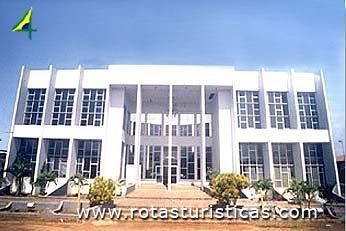 |
Palacio de Río Branco (Río Branco) |
| 0,4 Km |
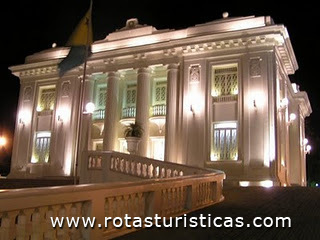 |
Catedral de Nuestra Señora de Nazaret |
| 0,4 Km |
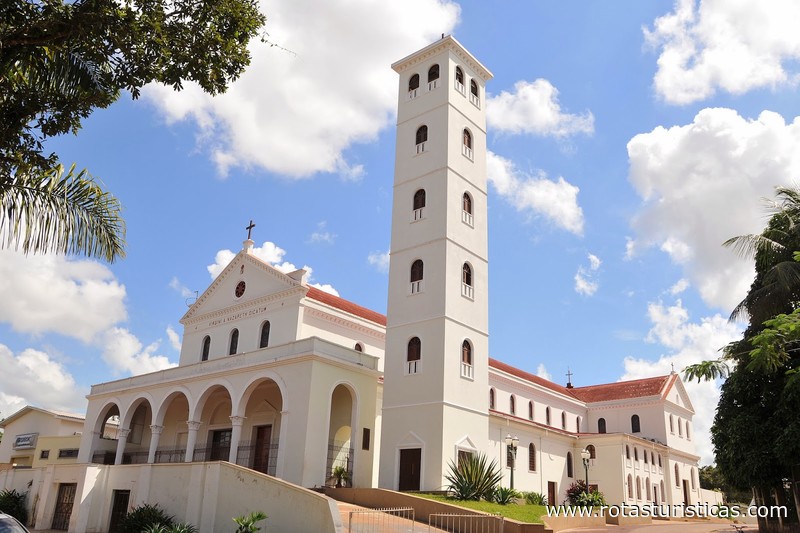 |
Parque de la Maternidad (Río Branco) |
| 0,5 Km |
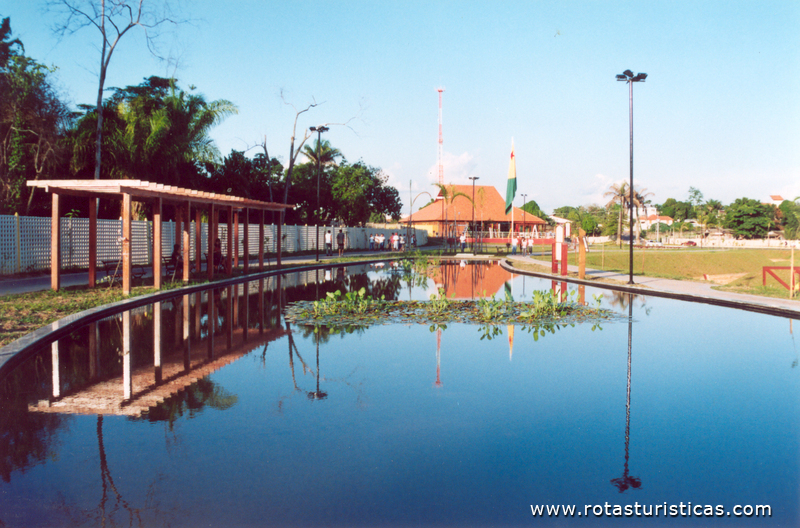 |
Pasarela de peatones Joaquim Macedo (Rio Branco) |
| 0,6 Km |
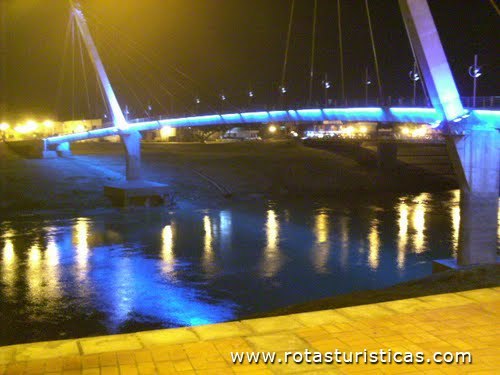 |
Ciudad de Rio Branco (Brasil) |
| 0,9 Km |
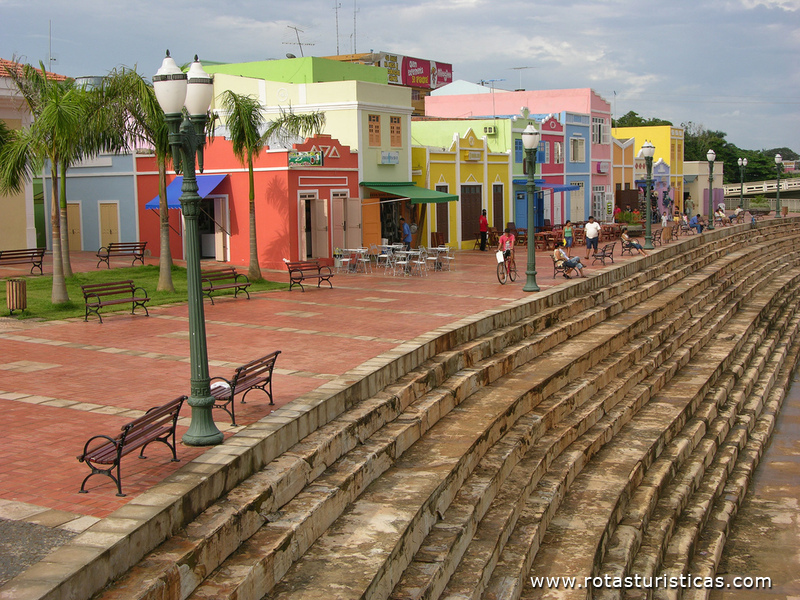 |
Gameleira (Rio Branco) |
| 1,0 Km |
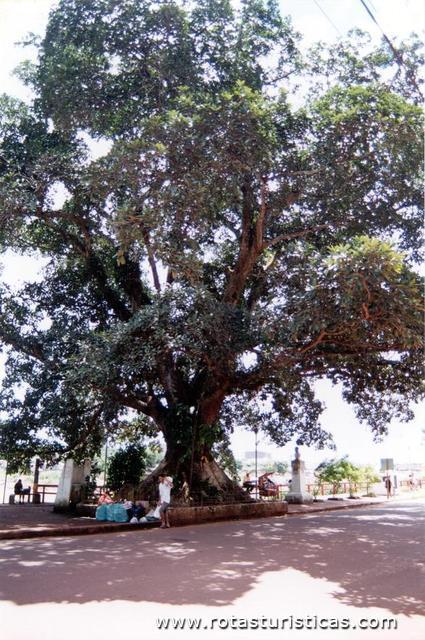 |
Mercado Viejo (Rio Branco) |
| 1,7 Km |
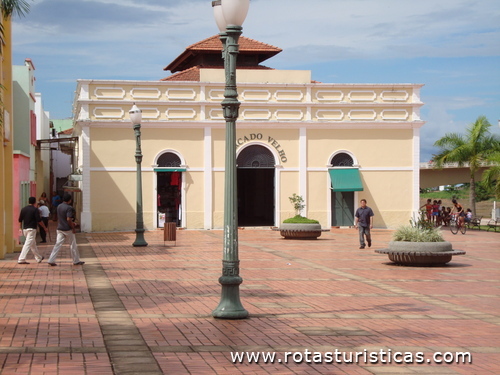 |
Parque Ambiental Chico Mendes |
| 7,5 Km |
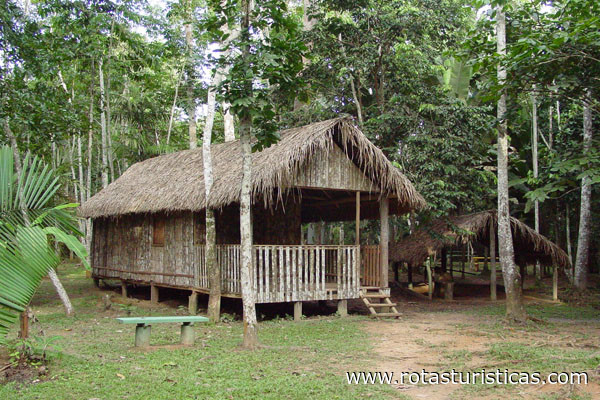 |
Hotel reservation near Rubber Museum within a radius of 20 km
Why to book with RUTAS TURISTICAS
The best prices
Our partnerships with the world´s largest operators offer research on the best market prices.
More options
At Rotas Turisticos you can book the hotel, buy the air ticket, book the transfer from the airport to the hotel and vice versa, book the local excursions, rent the car, take travel insurance and consult the places to visit and where to go.
Holiday Tips & Destinations
Hundreds of holiday destinations with all the options that allow you to easily choose the destination that best suits your dream vacation.
RUTAS TURISTICAS
Links


